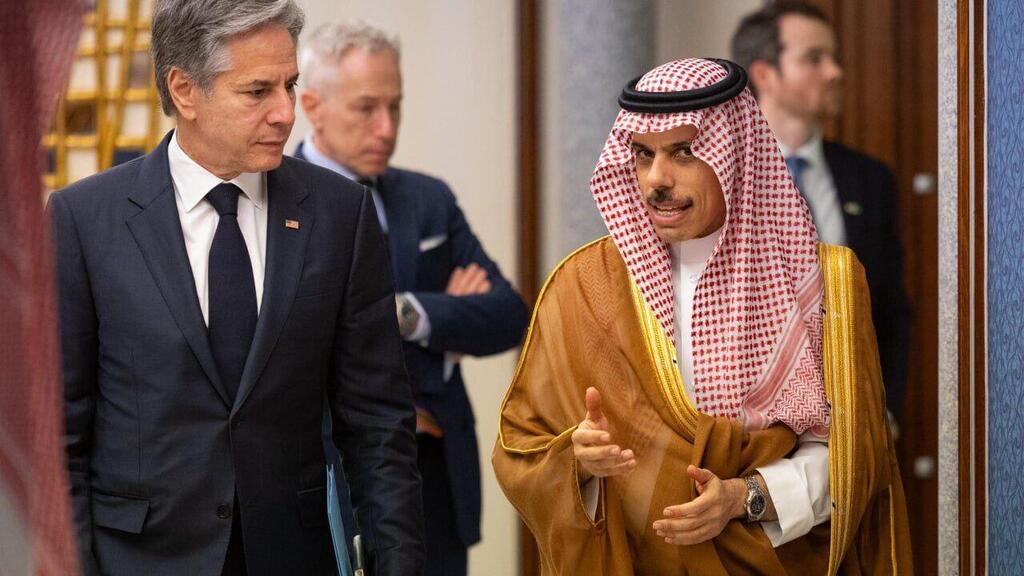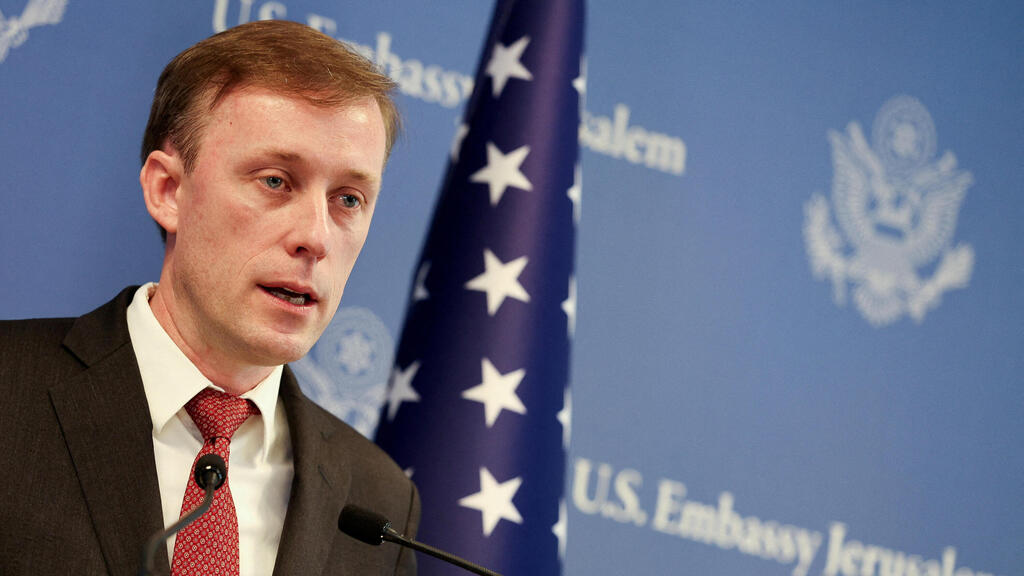Getting your Trinity Audio player ready...
Each country can make its own decision on whether to recognize a Palestinian state, the White House said on Wednesday, but U.S. President Joe Biden thinks direct negotiations by the parties is the best approach.
White House national security adviser Jake Sullivan made the comments in a news briefing after Ireland, Spain and Norway announced they would recognize a Palestinian state on May 28, prompting an angry response from Israel.
He said he had been updated by Israel on its refined plans to minimize civilian harm in Rafah when he visited the region last weekend.
"We now have to see what unfolds from here," Sullivan said. "What we're going to be looking at is whether there is a lot of death and destruction from this operation or if it is more precise and proportional." He said Israeli operations to date in the area have been targeted and limited.
Earlier U.S. Secretary of State Antony Blinken said the United States and Saudi Arabia were very close to concluding a set of agreements on nuclear energy, security and defense cooperation, which are part of a wider normalization deal with Riyadh and Israel.
Speaking at a hearing in the House of Representatives, Blinken said the finalizing of the agreements "could be weeks away" but cautioned that for the wider normalization to proceed, there must be calm in Gaza and the formulation of a pathway for Palestinian statehood.
"Those agreements are in principle very close to being able to be concluded. Now of course we will come to Congress with them when they're ready to be reviewed, but we're - could be really weeks away from being able to conclude them," Blinken told the House Appropriations Committee.
"However, in order for normalization to proceed, Saudi Arabia has made very clear that even with the agreements between us completed, they have to have two things: they have to have calm in Gaza and they have to have a credible pathway to a Palestinian state," Blinken added.
Sources told Reuters earlier this month that a working draft has been crafted that lays out principles and proposals aimed at putting back on track the U.S.-led effort to reshape the volatile region that was derailed by Hamas' Oct. 7 attack on Israel and the ensuing war in Gaza.
However, the bigger deal still remains elusive largely due to Israeli Prime Minister Benjamin Netanyahu's repeated rejection of any plans for the creation of a Palestinian state.
As Washington works on restoring calm in Gaza through a hostage deal that would achieve a ceasefire, Blinken said, a moment of choice was approaching for Israel.
"Until now this has been a hypothetical or theoretical question for Israel. Assuming we complete the agreements between the United States and Saudi Arabia, that hypothetical or theoretical question becomes a real question that they will have to answer one way or another," Blinken said.
U.S. President Joe Biden's aides originally envisioned, in three-way negotiations before the Oct. 7 attack, for Saudis to gain U.S. security commitments in exchange for normalizing ties with Israel.
Now the administration is negotiating with Riyadh on a separate track and seeking to finalize the offer of a "grand bargain," leaving Netanyahu to decide whether to join.
3 View gallery


U.S. Secretary of State Antony Blinken in Saudi Arabia with Foreign Minister Prince Faisal bin Farhan
U.S. officials are hoping Netanyahu will not want to forego the historic opportunity to open relations with Saudi Arabia, guardian of Islam's holiest sites. But they say they are mindful of the domestic political pressures he is under, including keeping Israel's most right-wing government ever from collapsing.
"We have an ongoing conversation with Israel about this and about our concerns about the use of these particular weapons in that particular way in that particular place. And those concerns remain," Blinken told a House of Representatives hearing.
Israel, a major recipient of U.S. military assistance for decades, is still due to get billions of dollars of U.S. weaponry.
Blinken also said that the Biden administration remains concerned about Israel's possible use of heavy bombs against civilians in the southern Gaza city of Rafah and is in contact with Israel
"The other assistance that we've been providing for Israel's defense continues and will continue because, again, the president is determined that Israel have what it needs to defend itself," Blinken told the subcommittee hearing.



